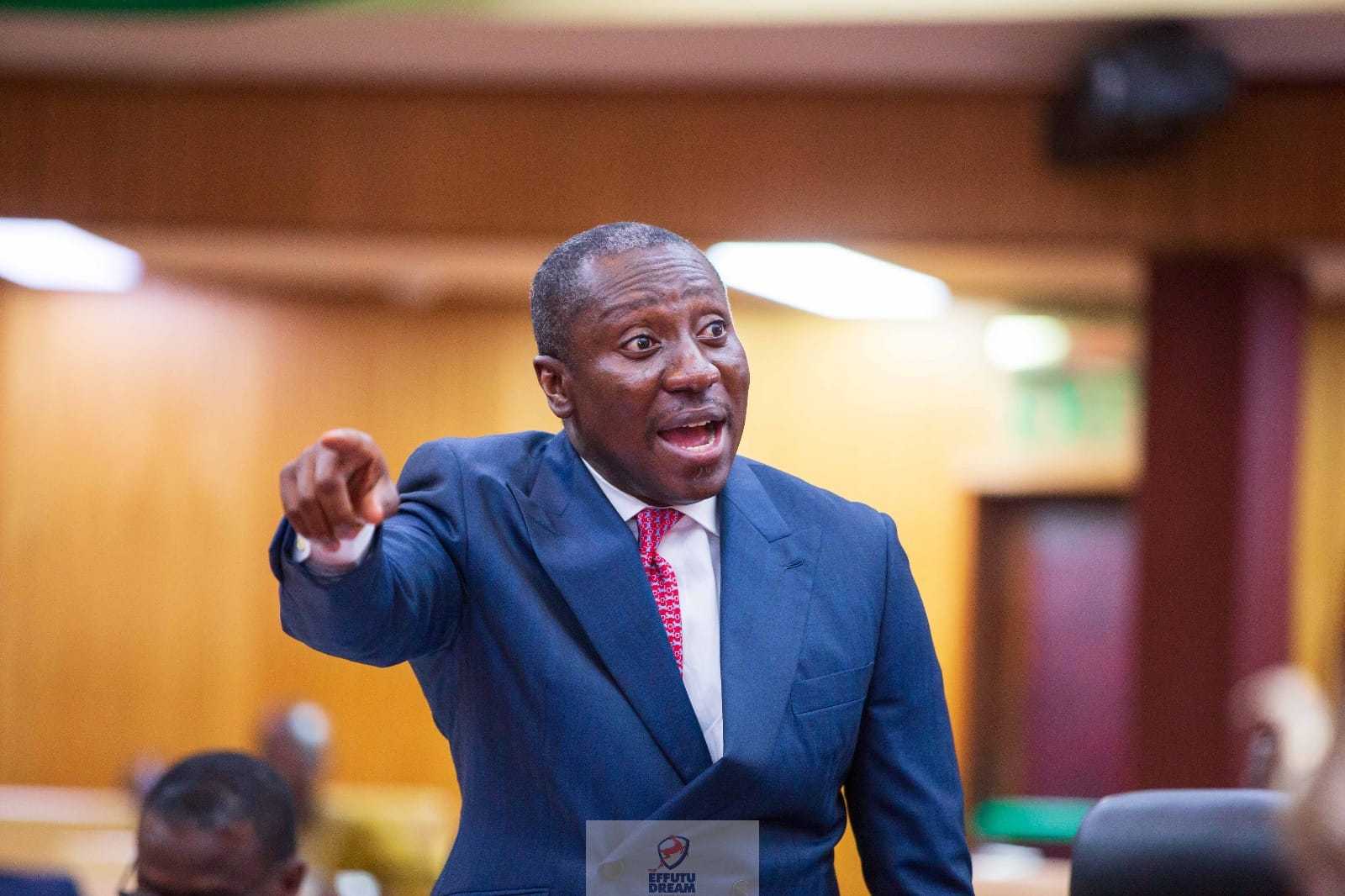Togbe Afede XIV, the Agbogbomefia of the Asogli State, has expressed concerns regarding the Bank of Ghana (BoG) interest rates.
He indicated that the cedi would continue to face detrimental consequences if interest rates remained “unnecessarily high.”
The BoG recently highlighted forecasts indicating a potentially elevated trajectory, citing various factors such as potential adjustments in transport fares, utility tariffs, and higher fuel prices.
The central bank stated that some factors collectively contribute to economic pressures and could influence the country’s financial landscape.
However, in a piece dated April 11, 2024, Togbe Afede XIV expressed his belief that the cedi’s stability would significantly affect other prices, including transport fares, utility tariffs, and fuel prices.
He underscored the interconnectedness of various economic variables and the repercussions of interest rate policies on overall economic stability.
According to the respected chief, the persistence of unnecessarily high interest rates exacerbates the challenges faced by the cedi, amplifying its vulnerability to adverse consequences.
Togbe Afede XIV urged the central bank to take proactive measures and reassess its approach to interest rate management to mitigate the negative impacts on the currency’s stability.
“The truth is, all these variables are related. Whilst the policy rate is an important tool of monetary policy, its misuse, as in our case, can have damaging effects. As long as interest rates are kept unnecessarily high, our currency, the cedi, will continue to suffer adverse consequences, with pass-through effects on other prices, including transport fares, utility tariffs and fuel prices.”
“Persistent cedi depreciation has been a key factor in our energy (including power) sector problems. We have always felt the need to adjust prices, not because consumers were not paying enough, but because the cedi has been depreciating,” he said.
Demand for the dollar and other major foreign currencies has surged, culminating in a sharp depreciation recently.
The Ghana cedi’s trouble continues as its depreciation against the US dollar and the other major foreign currencies does not end anytime soon.
Its year-to-date depreciation stood at 15.16% to one American greenback, making it one of the worst-performing currencies in Africa in 2024.
According to checks, most forex bureaus are selling one US dollar for GH¢14.40 on average.
Analysts envision a continuous weakening trajectory of the local unit this week in the near term as the foreign exchange demand-supply disparity remains substantial.
It is going for about GH¢14.50 to one US dollar GH¢18.00 to one British pound in the retail market.
















